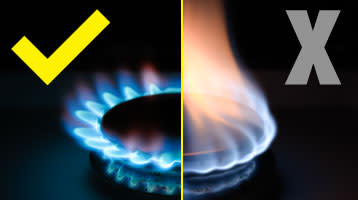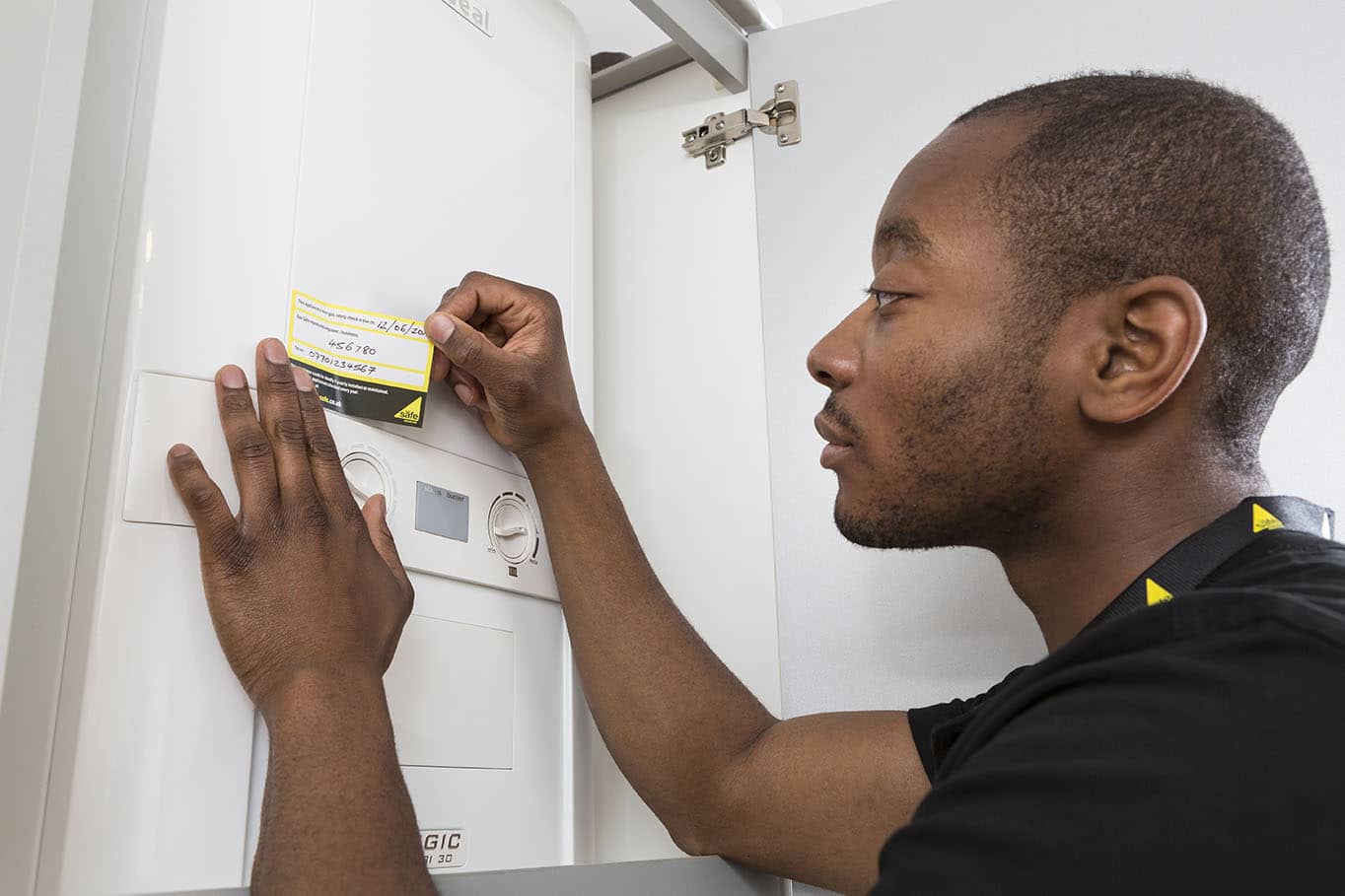Gas Safety Week takes place every year, and its purpose is to raise awareness of gas safety and to highlight the importance of taking care of your gas appliances.
Gas Safety Week is coordinated by the Gas Safety Register, the official list of gas engineers who are legally permitted to work on gas appliances.
The importance of staying gas safe
Poorly fitted gas appliances and gas appliances that haven’t been properly maintained or serviced can cause gas leaks, fires, explosions, and carbon monoxide (CO) poisoning.
Carbon monoxide is a highly poisonous gas that can cause serious illness or death quickly and without warning, as you can’t see it, taste it, or smell it.
How can I keep my home gas safe?
Taking good care of your household’s gas appliances and spotting the early warning signs of an unsafe gas appliance can help keep you and your family safe at home.
Follow these simple steps to keep your home gas safe:
If you think there is a gas leak or a carbon monoxide emergency, call the National Gas Emergency Service on 0800 111 999.
After you have made the call, follow these steps:
- Open doors and windows
- Turn off your gas supply at the meter (unless the meter is in a cellar or basement)
- Do NOT use electric switches or naked flames
- If the attending emergency operative identifies an issue with a gas appliance, follow their advice in regards to the use of the appliance
- Where advised, contact a Gas Safe registered engineer to check and fix the appliance as soon as you can
Signs may include lazy yellow/orange flames instead of crisp blue ones (see image), black marks on or around the appliance, a pilot light that keeps going out, or too much condensation in the room.

Air vents are there to ensure your gas appliances work safely. Natural gas and liquid petroleum gas (LPG) require a certain amount of oxygen to burn correctly. If there is not enough oxygen, the fuel (gas) will not burn completely and will produce the highly poisonous gas, carbon monoxide.
The six main symptoms of CO poisoning are:
- Headaches
- Nausea
- Dizziness
- Breathlessness
- Collapse
- Unconsciousness
CO poisoning symptoms can easily be mistaken for flu, food poisoning, fatigue, viral infections, or a hangover. Knowing these six main symptoms of carbon monoxide poisoning and acting fast could save a life.
Check they are marked BS EN 50291-1:2010 (for domestic premises) or BS EN 50291-2:2010 (for caravans and boats) and that they display the British Standards’ Kitemark (see image).

For more information on carbon monoxide, click here.
Only Gas Safe registered engineers are legally permitted to carry out work on gas appliances. If you suspect there is something wrong with your appliance or it is not working correctly, call a Gas Safe registered engineer.
Let us fix your boiler.
At Smart Plan we have thousands of engineers up and down the country who are ready to fix your issue. We guarantee an engineer to your property within 48 hours.
Gas appliances should be safety checked and serviced annually by a Gas Safe registered engineer.
It is a legal requirement for landlords to have a Gas Safe engineer conduct a safety check on all gas appliances in a rented property.
Although it is not mandatory for homeowners to have an annual gas safety check, it is recommended that homeowners do have their gas appliances checked to ensure their home and occupants are gas safe. Also, failure to have your boiler serviced will invalidate your boiler’s warranty.
To find out what else landlords are required to do to keep their tenants gas safe, click here.
Give your boiler a service.
Make sure you don't invalidate your warranty. Call Smart Plan to get a boiler checkup to see if everything is in good working order.
You may have a friend, relative or neighbour who is unable to arrange their own gas safety check or is unaware of what they need to do to keep safe. Help them stay safe by ensuring that they have their appliances checked and serviced regularly.
Not all Gas Safe engineers are qualified to work on all types of gas appliances, so you should check their ID card to see if they are permitted to do the work you called them for, for example, if you called someone to service your boiler, 'natural gas, domestic boiler' should be listed in the qualifications section of their ID card. You can find this information on the back of their Gas Safe ID card and on the Gas Safe Register website.
For more detailed information on how to check if a gas engineer is permitted to work on your gas appliance, click here.
Click on the links below for further gas safety advice and information.


